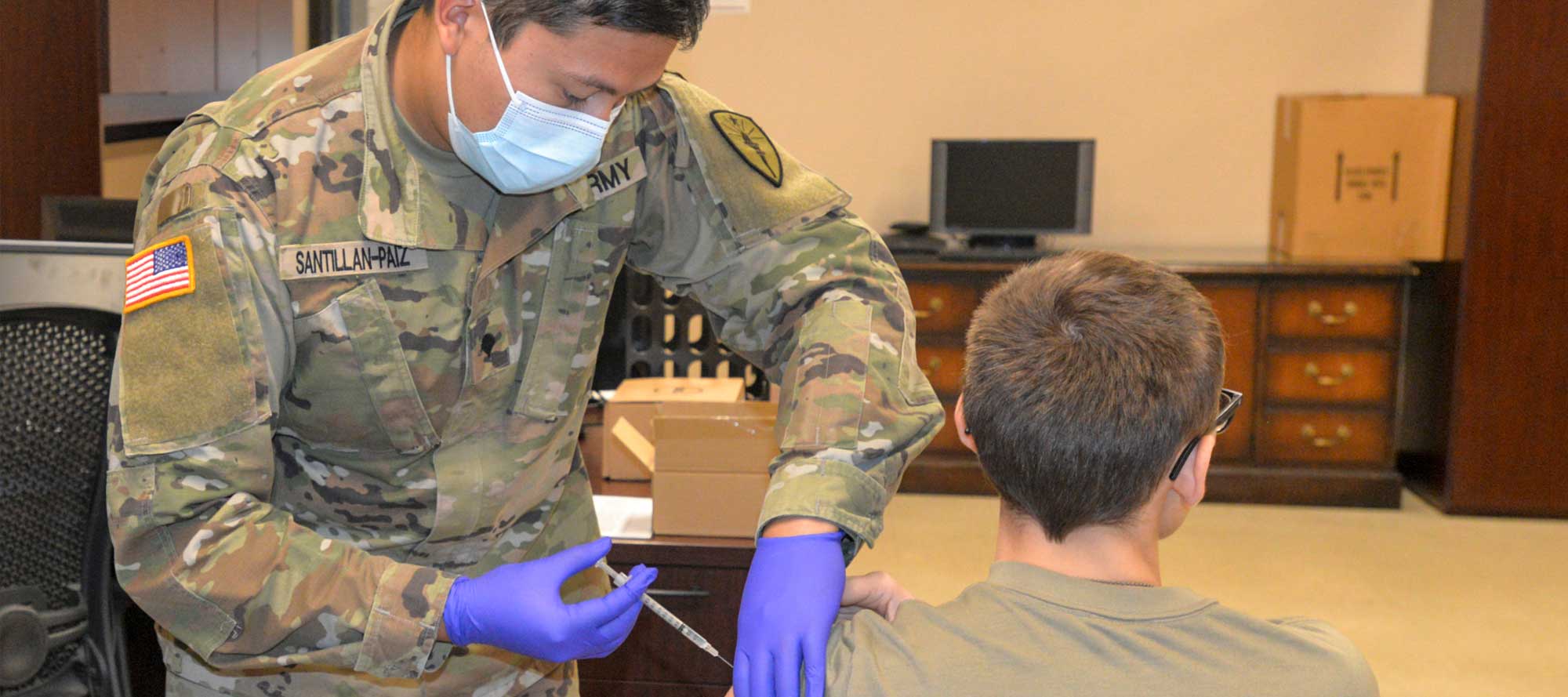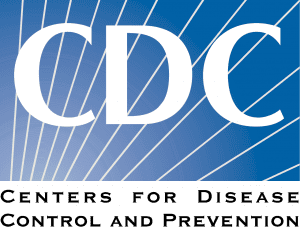- SARS-CoV-2 vaccine protection and deaths among US veterans during 2021 Authors report SARS-CoV-2 vaccine effectiveness against infection (VE-I) and death (VE-D) by vaccine type (n = 780,225) in the Veterans Health Administration, covering 2.7% of the U.S. population. From February to October 2021, VE-I declined from 87.9% to 48.1%, and the decline was greatest for the Janssen vaccine resulting in a VE-I of 13.1%. Although breakthrough infection increased risk of death, vaccination remained protective against death in persons who became infected during the Delta surge. From July to October 2021, VE-D for age 65 years was 73.0% for Janssen, 81.5% for Moderna, and 84.3% for Pfizer-BioNTech; VE-D for age ≥65 years was 52.2% for Janssen, 75.5% for Moderna, and 70.1% for Pfizer-BioNTech. Findings support continued efforts to increase vaccination, booster campaigns, and multiple, additional layers of protection against infection.
- New phase 3 analyses show that a single dose of REGEN-CoV (Casirivimab and Imdevimab) provides long-term protection against COVID-19 In results previously published, the trial met its primary endpoint, reducing the risk of COVID-19 (i.e., laboratory-confirmed symptomatic SARS-CoV-2 infections) by 81.4% within 1 month of receiving REGEN-COV (p<0.0001). The new results describe a pre-specified analysis for the following 7 months, throughout which an additional 45 symptomatic infections occurred. During this time period, REGEN-COV continued to prevent infection, without requiring additional doses. Compared to placebo (n=842), people who received a single dose of REGEN-COV (n=841) experienced:
-
- 81.6% reduced risk of developing COVID-19 during the pre-specified follow-up period, between months 2-8 (7 REGEN-COV, 38 placebo; 95% confidence interval [CI]: 59.8%, 91.6%; nominal p<0.0001).
- 81.5% reduced risk of developing COVID-19 at any time during the 8 months after receiving REGEN-COV (20 REGEN-COV, 108 placebo; 95% CI: 70.6%,88.4%; nominal p<0.0001).
- During the 8-month assessment period, 0 individuals in the REGEN-COV group were hospitalized due to COVID-19, compared to 6 individuals in the placebo group (1 person in the first month; 5 people during months 2-8). There were no deaths due to COVID-19 in any treatment group during the 8-month assessment period, and there were no new safety signals identified for REGEN-COV.
The trial, which was fully enrolled in early 2021, allowed participants to become vaccinated if they wished once the primary efficacy treatment period (month 1) was complete. Vaccination rates during the months 2-8 assessment period were balanced, with 34.5% (n=290) of the REGEN-COV group and 35.2% (n=296) of the placebo group receiving at least 1 COVID-19 vaccine dose by the end of the 8-month assessment period.
- Pfizer’s novel COVID-19 oral antiviral treatment candidate reduced risk of hospitalization or death by 89% in interim analysis of phase 2/3 EPIC-HR study PAXLOVID™ (PF-07321332; ritonavir) was found to reduce the risk of hospitalization or death by 89% compared to placebo in non-hospitalized high-risk adults with COVID-19. In the overall study population through Day 28, no deaths were reported in patients who received PAXLOVID™ as compared to 10 deaths in patients who received placebo. Pfizer plans to submit the data as part of its ongoing rolling submission to the U.S. FDA for Emergency Use Authorization (EUA) as soon as possible. The Phase 2/3 EPIC-HR study began enrollment in July 2021. The Phase 2/3 EPIC-SR (Evaluation of Protease Inhibition for COVID-19 in Standard-Risk Patients) and EPIC-PEP (Evaluation of Protease Inhibition for COVID-19 in Post-Exposure Prophylaxis) studies, which began in August and September 2021 respectively, were not included in this interim analysis and are ongoing. The primary analysis of the interim data set evaluated data from 1219 adults who were enrolled by September 29, 2021. At the time of the decision to stop recruiting patients, enrollment was at 70% of the 3,000 planned patients from clinical trial sites across North and South America, Europe, Africa, and Asia, with 45% of patients located in the United States. Enrolled individuals had a laboratory-confirmed diagnosis of SARS-CoV-2 infection within a five-day period with mild to moderate symptoms and were required to have at least one characteristic or underlying medical condition associated with an increased risk of developing severe illness from COVID-19. Each patient was randomized (1:1) to receive PAXLOVID™ or placebo orally every 12 hours for five days. The review of safety data included a larger cohort of 1881 patients in EPIC-HR, whose data were available at the time of the analysis. Treatment-emergent adverse events were comparable between PAXLOVID™ (19%) and placebo (21%), most of which were mild in intensity. Among the patients evaluable for treatment-emergent adverse events, fewer serious adverse events (1.7% vs. 6.6%) and discontinuation of study drug due to adverse events (2.1% vs. 4.1%) were observed in patients dosed with PAXLOVID™ compared to placebo, respectively. PAXLOVID™ is an investigational SARS-CoV-2 protease inhibitor antiviral therapy, specifically designed to be administered orally so that it can be prescribed at the first sign of infection or at first awareness of an exposure, potentially helping patients avoid severe illness which can lead to hospitalization and death. PF-07321332 is designed to block the activity of the SARS-CoV-2-3CL protease, an enzyme that the coronavirus needs to replicate. Co-administration with a low dose of ritonavir helps slow the metabolism, or breakdown, of PF-07321332 in order for it to remain active in the body for longer periods of time at higher concentrations to help combat the virus. PF-07321332 inhibits viral replication at a stage known as proteolysis, which occurs before viral RNA replication. In preclinical studies, PF-07321332 did not demonstrate evidence of mutagenic DNA interactions.
Photo Info/Credit: Indiana Army National Guard Spc. Christopher Santillan-Paiz administers a COVID-19 vaccination to a 38th Infantry Division soldier in Indianapolis, Oct. 23, 2021, to maintain personal readiness. Photographed by Army Sgt. 1st Class Ashley Lovett
Source defense.gov multimedia library
Situation Dashboards



World Health Organization (WHO)


Johns Hopkins University (JHU)


COVID-19 in US and Canada







